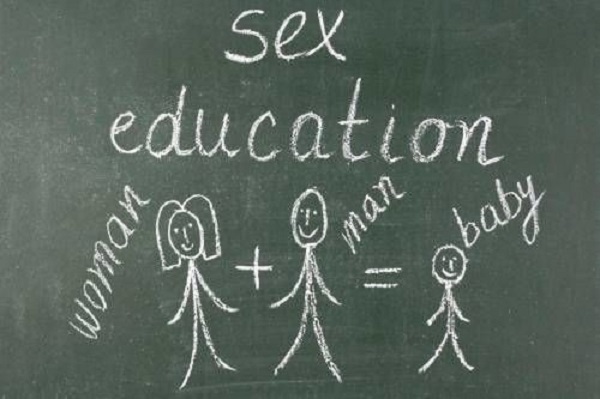Ghana’s decision to introduce Comprehensive Sexuality Education in public schools has sparked controversy.
Education service officials have said that beginning next year, pupils in all public schools, including five-year-olds, will receive Comprehensive Sexuality Education lessons.
The Ghana Education Service argued that, the subject will empower pupils with values that would protect them from sexual harassment.
But some parents and local groups are kicking against the initiative.
The local group National Coalition for Proper Human Sexual Rights and Family Values argued that some texts and modules in the curriculum resonate with LGBT activism.
Spokesperson for the group, Moses Foh-Amoaning told local radio station Joy FM that “I feel a bit of pity for…the Director-General of the Ghana Education Service even the Ministry [of Education] and a lot of other Ghanaians who have been made a part of this clear LGBT agenda,”
“[The strategy] is always not open for you to see, it is very subliminal and they come in all sorts of ways…they have noticed that in Africa, our culture and our religion, we are very strong…so they are going through the education. Education is strong because if you win the mind then you can win the heart,” he adds.
Ghana’s laws do not allow for gay unions and the society is offensive towards homosexuality activities and those who practice such sexuality.
The program was launched this year by the Ghana government and the United Nations Education, Scientific, and Cultural Organization (UNESCO).
Known as the “Our right, Our lives, Our Future (O³), the subject is supported by the governments of Sweden and Ireland.
It is being implemented in Ghana, Eswatini (formerly Swaziland), Malawi, Tanzania, Zambia and Zimbabwe.
Source: Africafeeds.com


